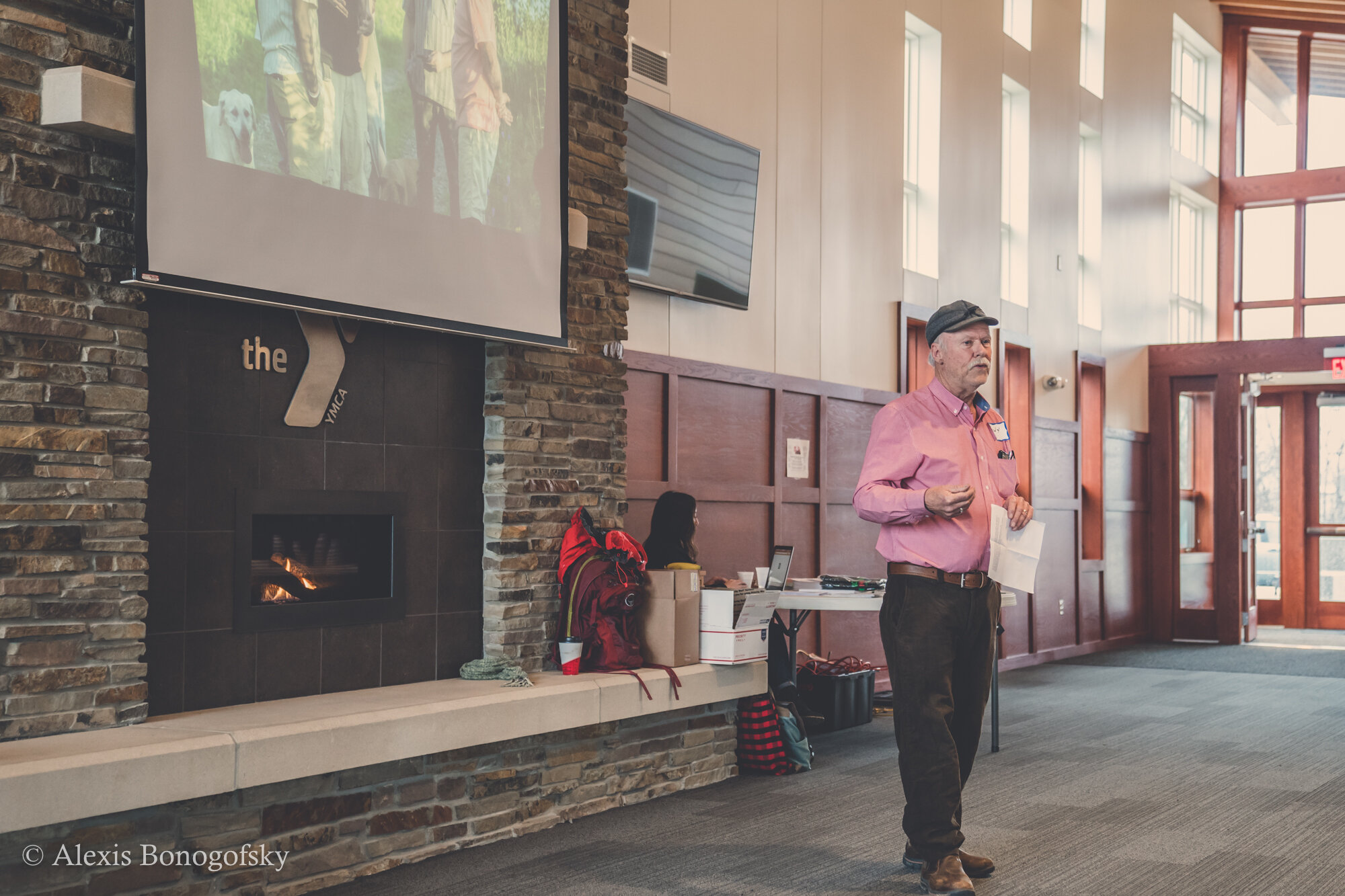
The Solution Starts With The Soil!
Click Here To Read Our Joint Vision About The Future Of Agriculture In Nebraska: The Regeneration Proclamation
Regenerative Agriculture
Soil health-based farming, or regenerative agriculture, focuses on improving soil health, which helps reduce rising greenhouse gas emissions, cleanses our water, grows more nutritionally dense food, and lessens the farmer’s dependence on synthetic inputs improving the bottom line.
Regenerative agriculture utilizes livestock as a key part of the system by returning the livestock to the land. This helps farms and ranches reduce CO2 emissions by increasing grazing lands and bio-diverse cover cropping systems.
Regenerative farming and ranching also advocates for new rural entrepreneurial jobs around the food production system which will help revitalize our state in upcoming years.
Much like the bison that once roamed the plains, livestock can help farmers and ranchers gain on-farm fertility on their land, restoring soil organic matters to pre-industrialized levels, and restoring our culture.
State Inspection And Interstate Shipment of Meat
A key barrier to local and regional market access for independent livestock producers is an inspection system that allows only four companies to retain control of the entire livestock market. The current system overregulates local meatpacking facilities, making it hard for farmers and ranchers to process their livestock.
Legalization of state inspection would aid regenerative farmers and ranchers in their efforts to supply nearby markets with locally raised meat, a necessary aspect of local food security in the likely event of other pandemics and climate disturbances.
Nebraska should also enact a federal program called the Cooperative Interstate Shipment Program, which would allow farmers and ranchers to sell across state borders and further increase food security by reinforcing the regional marketplace.
Increase Setback Requirements
We must prioritize existing Nebraska residents from the aggressive encroachment of large CAFO’s. This is a matter of public health and rural quality of life.
Nebraska should require residential setbacks from CAFO’s to a minimal 3/4 mile and 1.5 miles from Large CAFOs, and 2.5 mile setbacks from public use areas (schools, churches, communities, parks, recreation areas).
Require Industrial Ag Companies To Pay Into Disaster Funds
Nebraskans have high standards and we expect that companies back their promises.
Nebraska must require a disaster fund for environmental mitigation and liability to be paid by the parent company or other industrial ag companies so liability is not put on the shoulders of the county nor the farmers during a project’s operation.
It must take into consideration types of livestock, size of CAFO, and their respective practices. This reserve must have a 5 to 1 asset to liability ratio.
Ban New Large CAFO’s and Revive State-Level Corporate Farming Bans
The American Public Health Association is calling for moratorium on CAFO’s until the public’s health can be protected. In order ensure our public’s health and quality of life, Nebraska must follow health experts’ medical guidance and ban the development of new, large CAFO’s. Existing CAFO’s should be exempted from these updated regs. Large CAFO’s are those as defined in Nebraska Administrative Code Title 130.
Until recently, state-level corporate farming bans had long been a staple of Midwestern agricultural states. By banning out-of-state corporations independent farm and ranch businesses will be less likely to be bankrupted by multinational investor-owned companies that have benefited from special treatment by government. Corporate farming bans allows for a competitive and healthy marketplace.
Support Right to Repair
In the past, farmers were more accustomed to working the land with their hands, but as ag is becoming more tech-oriented some farmers have had to turn to hacking to defend their livelihood. The high-tech tractors of today are deeply complex computer systems that rely more on software than hardware to function. But the tractor companies are the only ones who are allowed to access their diagnostics, and they defend that right aggressively.
As a result, tractor hacking has grown popular - sometimes using firmware from as far off as Ukraine to hack into their own John Deere equipment. Check out these Nebraska farmers who are at the forefront of the "Right to Repair" movement, which also has implications well beyond farming, from Apple cellphones to hospital medical equipment."
RegeNErate Nebraska Virtual Farm Tours
Come along, as the RegeNErate Nebraska network visits local farms for a first-hand look into the benefits and challenges of regenerative farming practices. This 5-part series will highlight the many ways that the next generation of Nebraska farmers are reclaiming their independence by putting health back into the soil.
These videos are sponsored by RegeNErate Nebraska network partners Nebraska Communities United and the Nebraska Sustainable Agricultural Society.
The first farm tour is with Little Mountain Ranch and Garden near Fort Calhoun, NE with farmer Billy Alward. They have created a sustainable farm through diversifying crops, implementing solar energy and battery storage, rotational grazing with pigs in the woods and grass-fed beef, producing organic vegetables and using chemical-free products.
Visit and support Little Mountain Ranch and Garden here: https://www.littlemountainrg.com/












